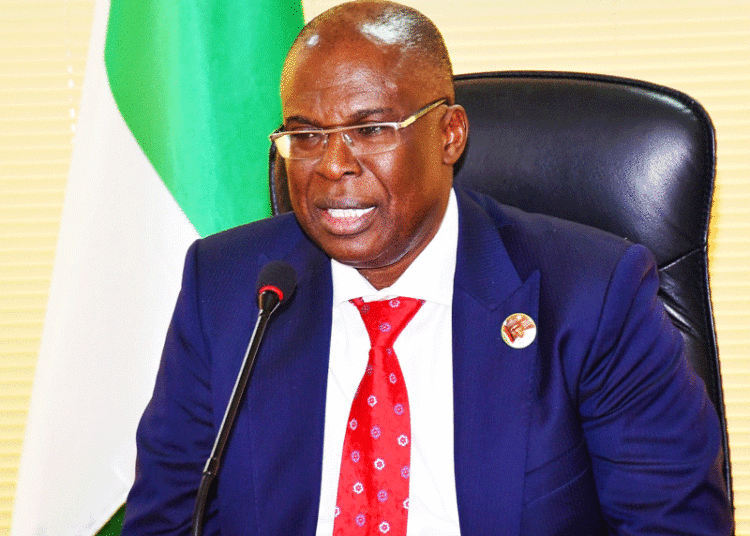Nigeria is likely to lose revenue if certain provisions of the Petroleum Industry Act, (PIA) 2021 are implemented in their current form.
Findings from an investigation published in A Policy Brief report titled “Mainstreaming Fiscal Responsibility in Nigeria’s Petroleum Sector” unveiled in Abuja on Monday, showed that the implementation of the PIA can lead to a cut in revenue by the Nigerian National Petroleum Company Ltd (NNPCL).
The Policy Paper is produced by OrderPaper, an agency that seeks to improve revenue remittance and transparency in the oil and gas sector, in collaboration with the United States Agency for International Development (USAID) supported Growth Initiatives for Fiscal Transparency (GIFT) Nigeria Project.
The report noted that though the PIA has several good initiatives, there are drawbacks related to revenue mobilisation into the central pool of government.
“The law has serious implications for the public finances of the federation. For instance, the reduction in remittance of collectables by the NNPC Ltd will result in a considerable reduction in revenues available for service delivery by the government.”
Speaking, the executive director OrderPaper, Oke Epia, said the brief examined the extant fiscal responsibility instruments as they relate to the petroleum sector.
“This is because the sector is not only the mainstay of the economy and major foreign exchange earner but also the pivot upon which diversification and economic growth and development should stand”, he added.
According to him, the PIA was supposed to reform administration and revenue remittance but that has not happened, noting that, “These are the issues that led GIFT Nigeria to commission the study.”
He also gave instances in the PIA where the Fiscal Responsibility Commission (FRC) or other monitoring agencies cannot checkmate NNPCL, the Nigerian Upstream Petroleum Regulatory Commission (NUPRC) and the Nigerian Midstream and Downstream Petroleum Regulatory Authority (NMDPRA).
In his review of the policy brief, an oil and gas governance consultant, Henry Adigun, called on NNPCL to improve transparency, saying “NNPCL has improved disclosure but has not improved transparency.
“We can commend the NNPCL for moving from being opaque but they have to move to become clearer.”
He said the PIA was solely drafted by NNPCL and that the immediate amendment was not right, causing foreign investors to divest their assets.
“When you amend a law immediately after you sign it, you send a wrong signal to investors,” Adigun noted as he queried the huge employee burden of NNPCl with over 3,200 staff doing nothing in the moribund refineries.
Adigun said Nigeria needs to quickly improve its business environment to boost investments into the industry.
Adigun pointed out that the failure to implement the PIA has left a huge gap both at the upstream and downstream levels.
“The sector is in a mess and this will continue until the government does the right thing.”
He pointed out that the country has failed to benefit from the high price of crude oil due to lack of policy distortions, oil theft and weak investments.
He called for support for the Fiscal Responsibility Commission, FRA, to enable the commission to monitor revenue from the petroleum sector and ensure appropriate allocation.
The brief, which was authored by the OrderPaper with support from USAID and Palladium, disclosed that certain provisions in the PIA imposed “certain ouster clauses that unfortunately impact public finance managers and entities like the FRA in providing oversight on the sector”.
It held that “Although the PIA has several good initiatives, there are drawbacks related to revenue mobilization into the central pool of government. The law has serious implications for the public finances of the federation. For instance, the reduction of collectables by the NNPC Limited will result in a considerable reduction in revenues available for service delivery by government”.
On his part, Mr. Charles Abama said the failure by the sector to remit any revenue to the Federation Account the past few months was hurting government finances.
He pointed out that if the situation persists into the near future, most state and local governments may not be able to meet their obligations to their workers.
We’ve got the edge. Get real-time reports, breaking scoops, and exclusive angles delivered straight to your phone. Don’t settle for stale news. Join LEADERSHIP NEWS on WhatsApp for 24/7 updates →
Join Our WhatsApp Channel










